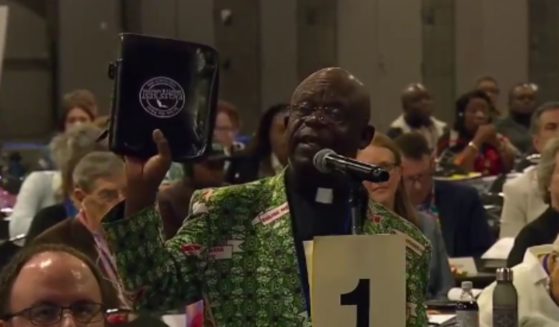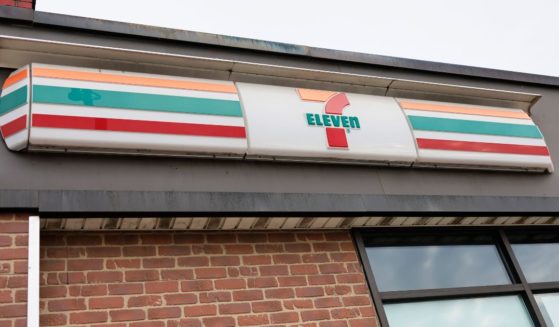Tesla, GM, Ford Hit the Brakes on Electric Vehicle Production as They Come to Painful Realization
Automakers have had a shocking realization: Americans are not getting a charge out of the electric vehicles companies are producing.
Tesla is now putting its expansion plans in neutral, CEO Elon Musk announced Wednesday, according to Reuters.
Musk said he was worried interest rates might make vehicles cost more than people could afford, and until the murky picture of Bidenomics settles, Tesla was not going to zoom into high gear with its plans for a factory in Mexico.
“People hesitate to buy a new car if there’s uncertainty in the economy,” he said during a post-earnings call. “I don’t want to be going into top speed into uncertainty.”
“If interest rates remain high … it’s that much harder for people to buy the car. They simply can’t afford it,” Musk said.
He is not alone in being cautious. On Tuesday, GM said slow demand meant it was pushing back by a year a plan to have a Michigan plant produce electric pickup trucks.
“We’re looking at EV demand and the trendline for EVs is stabilizing. It is not rising as fast as originally forecasted,” GM spokesman Kevin Kelly said, according to the Detroit Free Press.
Last week, Ford announced it was cutting one shift at a plant making electric F-150 pickup trucks — resulting in about 700 lost jobs — after indicating in July it was moving more money into other types of vehicles customers might actually buy.
“There was a bit of exuberant thinking that the market would adopt EVs at the same rate early adopters were,” said Beau Boeckmann, president of Galpin Motors in North Hills, California, one of the nation’s largest Ford dealerships, according to The Wall Street Journal.
“The curve isn’t accelerating as quickly as I think a lot of people expected,” John Lawler, Ford Motor’s chief financial officer, said last month on the demand for EVs. “We’re seeing it flatten a bit.”
Writing on The Drive, Pete Holderith analyzed the numbers.
“It all comes back to the fact that the era of the early EV adopter is over,” he said.
“Those customers enthusiastic enough to purchase EVs despite their shortcomings largely have already,” Holderith wrote. “Now, legacy automakers are forced to reckon with mainstream car buyers, who tend to define EVs by their faults: poor charging infrastructure, poor cold weather performance, and high cost.”
Musk said painful economic realities are also driving consumer caution.
“A large number of people are living paycheck-to-paycheck and with a lot of debt. They’ve got credit card debt, mortgage debt. So, that’s the reality for most people,” he said, according to Reuters.
“It’s sometimes difficult for people who are high income earners, and I would say would be someone who is earning over $200,000 a year to understand what life is like for someone who is earning fifty or sixty or $70,000 per year, which is most people,” Musk said.
“If our car cost the same as a [Toyota] RAV4, no one would buy a RAV4, or, at least, they would be very unlikely to,” he said, noting that until tax credits come into effect that could lower the net cost of an EV, “our car is still much more expensive than a RAV4, when you look at it that way.”
Musk also spoke about the difficulty of cutting the price of a vehicle.
“It’s like ‘Game of Thrones’ for pennies,” he said. “I mean, as a first approximation, if you’ve got a $40,000 car and roughly 10,000 items in that car, that means each thing, on average, costs four bucks. So, in order to get the cost down, say, by 10 percent, you have to get 40 cents out of each part, on average.
“It is a game of pennies … It does feel like digging a tunnel with a spoon at times.”
Truth and Accuracy
We are committed to truth and accuracy in all of our journalism. Read our editorial standards.












